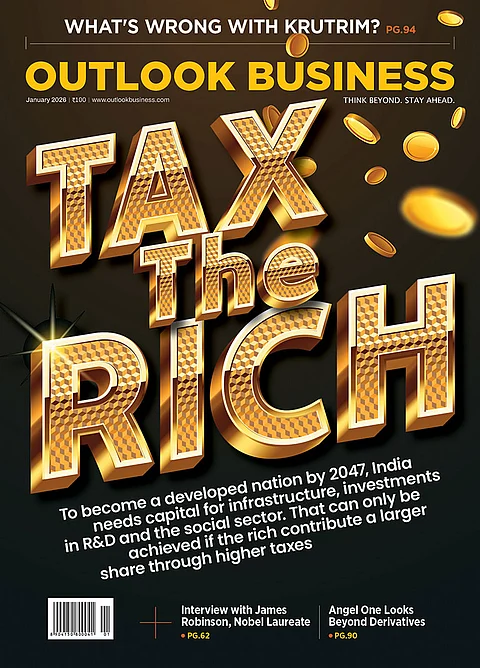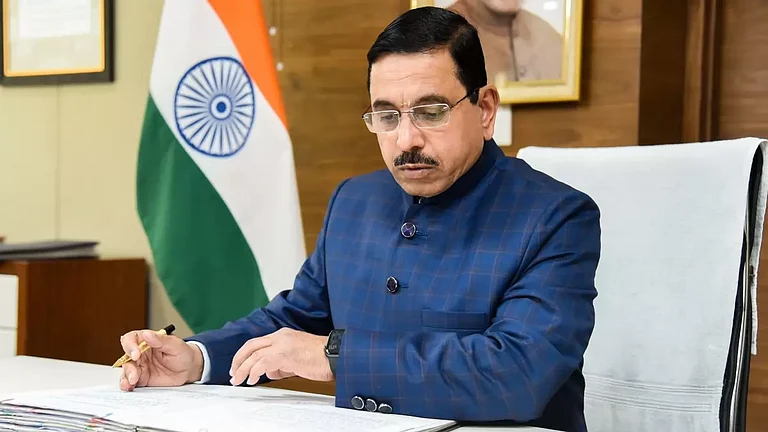
RE project awards have dropped sharply, with only 5.8 GW awarded in the first eight months of FY26, compared to 47.3 GW in FY24 and 40.6 GW in FY25.
PPA delays remain high, with 40–45 GW of unsigned capacity, mainly due to transmission constraints, grid curtailments, and discom financial stress.
Grid and storage upgrades are critical, as ICRA notes concerns over transmission connectivity and rising curtailments, especially in high-RE states like Rajasthan.
Shift toward firm renewable procurement, with RTC, FDRE, and solar-plus-storage projects accounting for ~90% of awarded capacity in FY26; over 20 GWh of standalone BESS awarded since April 2024.
After awarding a sizable 47.3 GW of renewable energy capacity in FY2024 and 40.6 GW in FY2025, bidding activity has slowed sharply in the current fiscal year, with only 5.8 GW awarded during the first eight months of FY2026, said rating agency Icra on Thursday.
Further, the unsigned PPA capacity remains sizable at about 40-45 GW as on date, based on industry channel check.
Commenting on these bidding trends and grid adequacy, Girishkumar Kadam, Senior Vice President & Group Head - Corporate Ratings, ICRA, said, “The decline in new project bids & delays in signing PPAs for large RE capacity by Central nodal agencies clearly reflects the concerns on the execution related to available transmission connectivity for the RE sector. Grid curtailments in Rajasthan for renewable assets, particularly solar assets during the solar hours in a few time blocks, due to grid stability requirement, is also a concern, given the absence of grid compensation clauses in the PPAs for such cases.”
He added that a focus on the enhancement of both the storage capacity and grid strengthening within the state as well as at inter-state level in a timebound manner remains extremely critical, as share of renewables increases in the generation mix.
PPA delays are largely driven by transmission constraints, with nodal agencies reluctant to sign contracts until adequate evacuation infrastructure is assured for new renewable projects. Financially stressed state discoms also slow the process, as they are cautious about committing to long-term power purchases that could deepen their losses.
In addition, uncertainty around future tariffs often prompts buyers to wait for potentially lower prices before finalising agreements. These factors, combined with a congested project pipeline and administrative backlogs, have collectively slowed the pace of PPA signings across the sector.
The rating agency noted that as India grapples with the variability of renewable generation, Battery Energy Storage Systems (BESS) have become a crucial tool for ensuring grid stability. To support this, the government has introduced viability gap funding for BESS projects and extended transmission charge waivers for storage installations until 2028. Between April 2024 and October 2025, central nodal agencies and state discoms have awarded over 20 GWh of standalone BESS capacity.
ICRA also highlighted that round-the-clock (RTC), firm and dispatchable renewable energy (FDRE), and solar-plus-storage projects accounted for nearly 90% of the total RE capacity awarded in the first eight months of FY2026, underscoring the sector’s shift toward firmer, more reliable renewable power.





























